Froome shows mixture of caution and optimism ahead of Vuelta a Espana
'It's no secret my condition is not the same as it was in the Tour de France,' says Team Sky leader
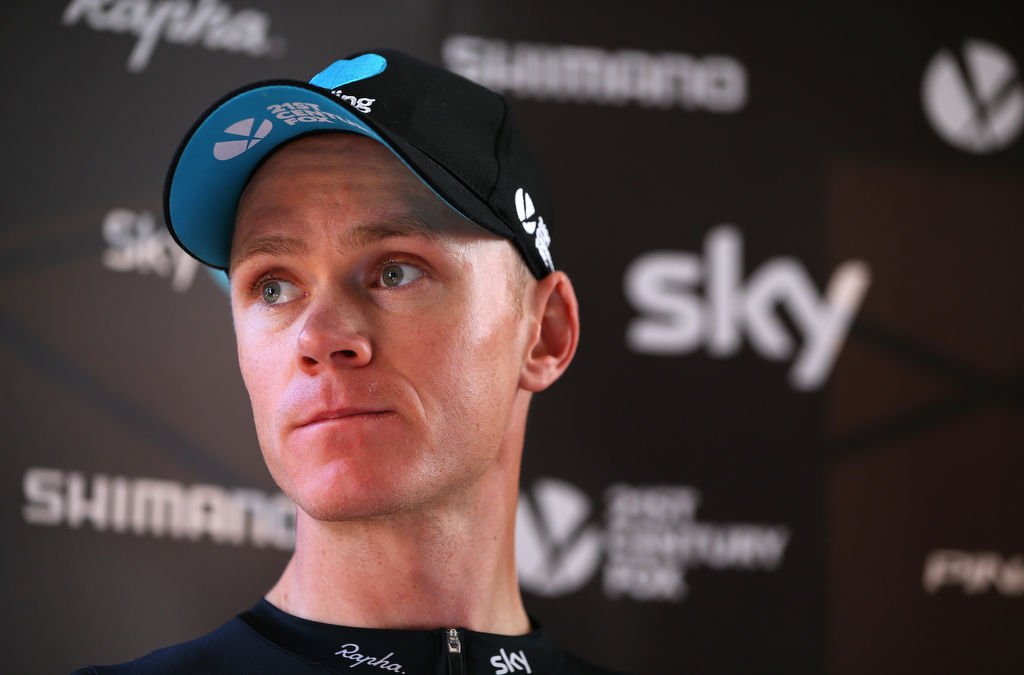
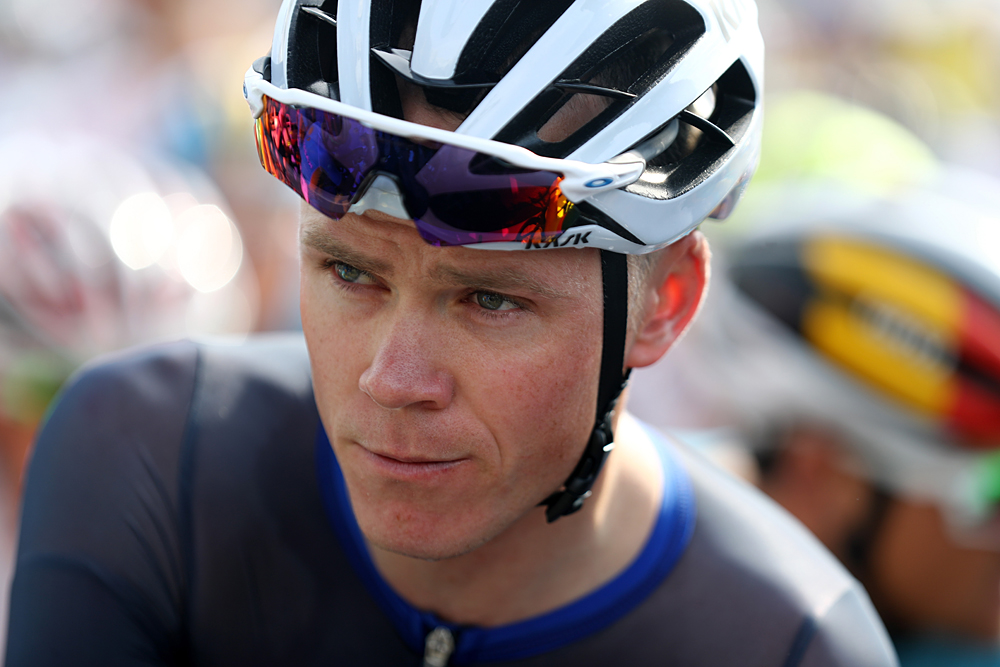
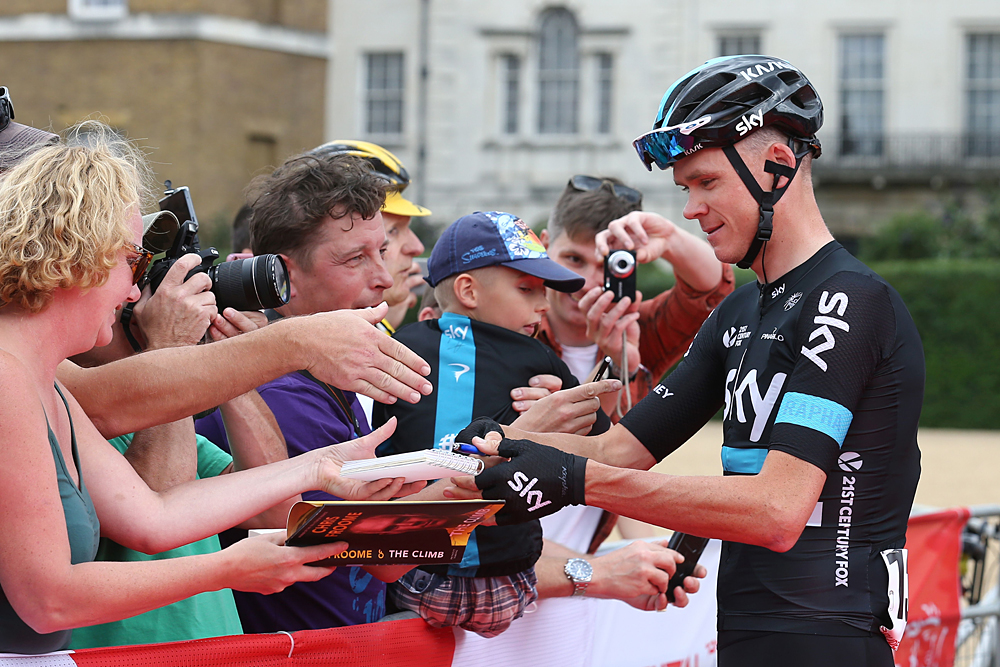
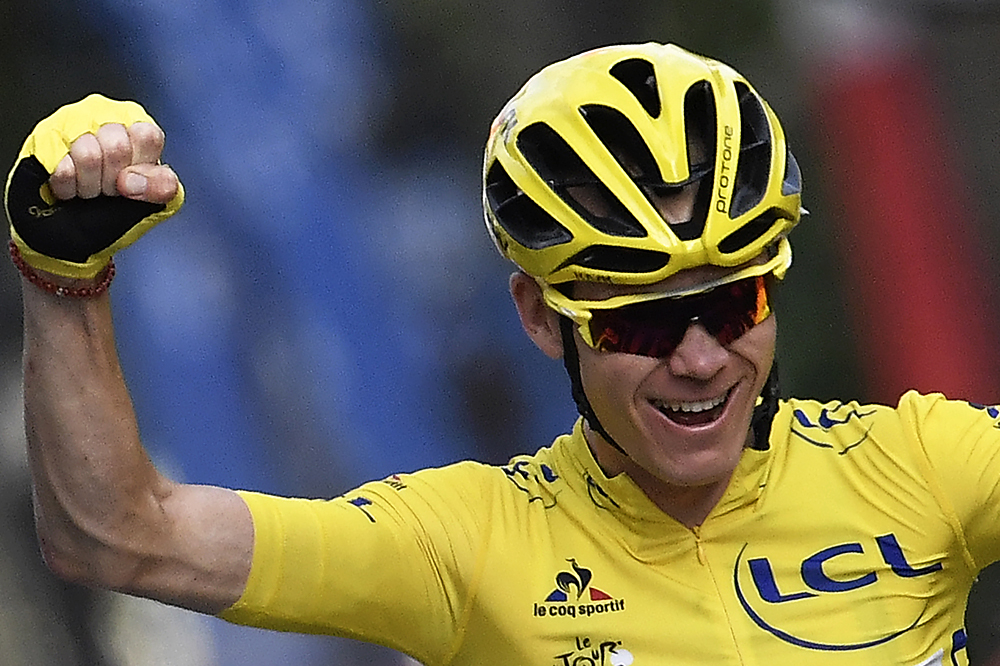
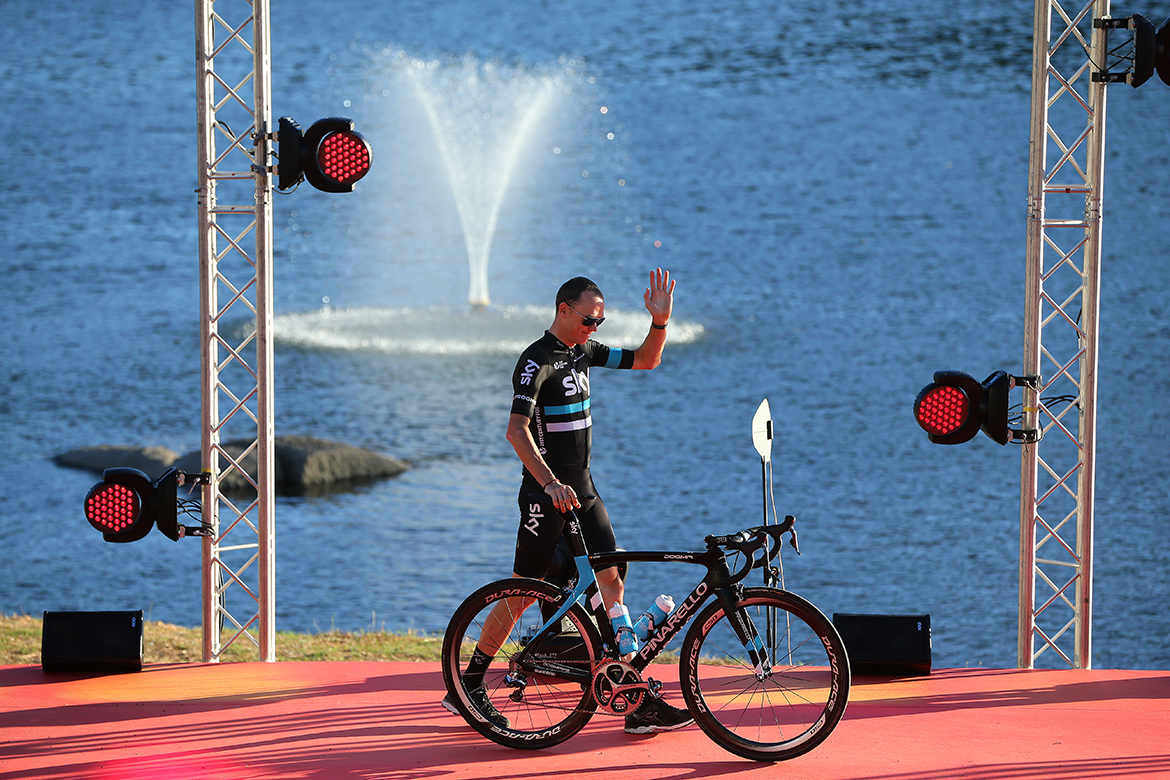
Team Sky's Chris Froome has recognised that his form for the upcoming Vuelta a España is not as strong as it was in the Tour de France, but insists that he has "unfinished business" with a Spanish Grand Tour in which he has finished second twice.
"It's no secret my condition is not the same as it was in the Tour de France, but if I have the view of trying to get that good condition back by the second half of the Vuelta then let's see how it goes," Froome told reporters in a small-scale press conference the afternoon before the Vuelta team presentation.
"My focus for the season was the Tour de France, then I went on to the Olympics and I'm here on the back of that so I haven't trained specifically for the Vuelta. But I'm here, I'm motivated, I'm happy to be here, I've got a great team around me and I look forward to doing the best race possible."
However, the million dollar question, and one which only the Vuelta itself will resolve, is what 'the best race possible' really is for Froome at this point in a long season. For now, he clearly isn't ruling anything out. When asked what he meant by "unfinished business" in the Vuelta - an expression he used in Monday's press release confirming his participatinon - Froome said, "I've twice finished second, and I still haven't won it, and in that sense I've definitely got unfinished business here."
In terms of Froome's build-up to the Vuelta a España, though, his 2012 preparation is by far the most similar in that four years ago, Froome rode the Tour, then did the Olympic road race and time trial and went on to the Spanish Grand Tour where he finished fourth overall.
Asked about that combination of races, Froome argued, "It's tough for sure, but let's see, I'm motivated, let's see how it goes."
Rather than seeking to turn in an all-out aggressive performance from the gun though, Froome argued, "It'll definitely be about staying out of trouble in the first week. If I'm feeling good in the long mountain stages" - essentially the Lagos de Covadonga, Aubisque and Aitana stages in the second and third week - then I'll go for it."
Get The Leadout Newsletter
The latest race content, interviews, features, reviews and expert buying guides, direct to your inbox!
As for the opening challenge of the Vuelta, Saturday's 27.8-kilometre team time trial, Froome has already been training on the course. He argued "it's tricky and technical. There are lots of corners, it's going to be tough, and it's quite undulating. It could be a really difficult one to pace as a team, of course you have to pass the finish line with five riders, so to work out how to be the fastest and who the five are going to be is a real challenge."
Froome also had praise for David López, the last-minute call-up for the Vuelta a España for Sky after Mikel Landa dropped out with injuries. "He's strong, he's been training, he was hoping to make the Vuelta team already, I'm happy that he's part of the team, it just shows how much strength Sky has in general to have someone like David Lopez to come in at the last minute."
Another interesting question asked by the media is whether Froome will try to use the same kind of 'surprise tactics' that he used in the Tour to such great effect for the first time this year. But as the Briton pointed out, those things, precisely because they are surprises, can't really be predicted if they will come into play. Nor, perhaps, if Froome wants to maintain the possibilities of ambushing the opposition as high as possible, would he want to.
"We have to take it one day at a time, that [attack on the] descent in the Tour was not what I planned, something I really just saw at that moment. We will have to see how the race unfolds," Froome said.
Like the Tour, Froome's willingness to make such surprise moves could well be an intriguing feature of the Vuelta, too - and might once again help propel him to a top result.
Alasdair Fotheringham has been reporting on cycling since 1991. He has covered every Tour de France since 1992 bar one, as well as numerous other bike races of all shapes and sizes, ranging from the Olympic Games in 2008 to the now sadly defunct Subida a Urkiola hill climb in Spain. As well as working for Cyclingnews, he has also written for The Independent, The Guardian, ProCycling, The Express and Reuters.
